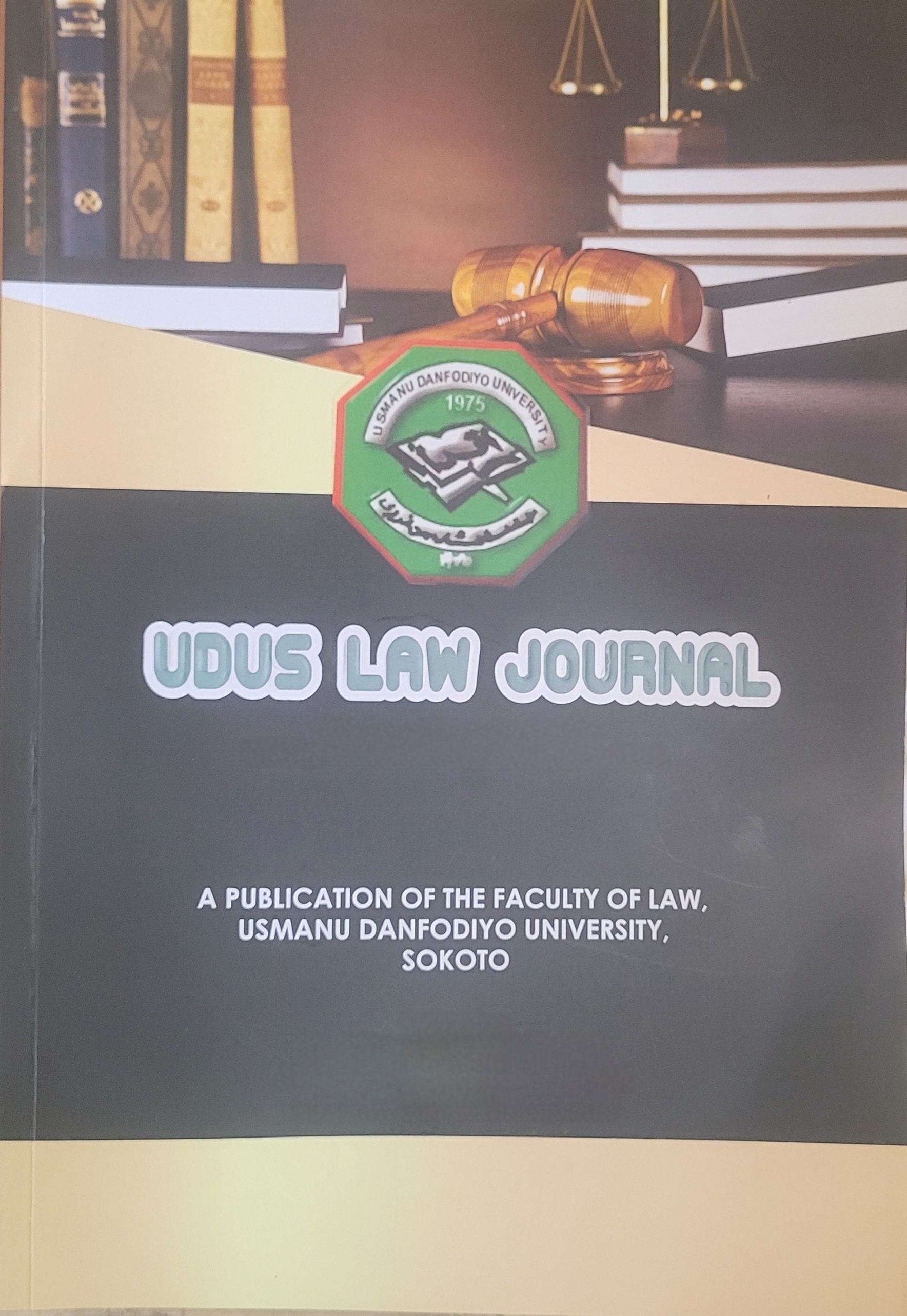Abstract
Income tax in Nigeria applies to both individual and corporate bodies; a taxpayer must have sufficient physical presence in Nigeria to be liable to pay tax in respect of his profits from business operations in Nigeria. Thus, an individual and a Nigerian company’s liabilities to tax is dependent on whether they are resident in Nigeria; while a foreign company’s profit is liable to income tax if that company has a fixed base of business or[1]permanent establishment in Nigeria to the extent that the profit is attributable to the fixed base or permanent establishment. This paper examines the meaning and bases of taxing jurisdiction; the meaning and components of electronic commerce and their effects on income tax. The paper appraises the adequacy or inadequacy of Nigeria income tax laws in coping with ingenuity of electronic commerce, and suggests legal reform for effective income tax law and administration on profits from electronic commerce. Innovations in information and communication technology have created a digital revolution that is changing the way the world works.



 National Library of Nigeria
National Library of Nigeria.jpg) Association of Nigerian Authors
Association of Nigerian Authors Nigerian Library Association
Nigerian Library Association EagleScan
EagleScan Crossref
Crossref